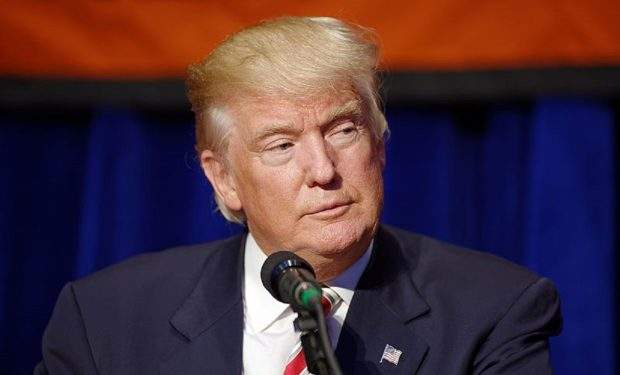Legal maneuverings will ratchet up in Georgia this week, as former President Donald Trump‘s new attorney there — Steven Sadow — plays the cards that Trump and Fulton County District Attorney Fani Willis have dealt him. Where delaying the trial has been a priority elsewhere — a Trump request regarding one of Special Counsel Jack Smith‘s two cases against Trump contemplated a 2026 trial date — in Georgia the emphasis is also believed to involve moving the trial to federal court, where Trump’s side reportedly believes he would fare better with a jury.
[NOTE: Former Trump Chief of Staff Mark Meadows — one of Trump’s 19 co-defendants– is trying to blaze the trail to federal court today, pleading to a federal judge in Georgia to move his case.]
Trump’s argument for removal to federal court, which Willis will fight, is expected to be that as President he was doing purely federal business during the time his alleged crimes were committed, and therefore federal court is the appropriate venue in which to try him. (Note: Trump simultaneously maintains that he is wrongly accused, and there should be no trial anywhere.)
In the Meadows case, Willis’s team argues that removal of the case to federal court is unjustified because he is “not entitled to immunity under the Supremacy Clause of the U.S. Constitution, which basically says that federal law takes precedence over state law, because his actions were ‘improper political activity’ that weren’t part of his official duties,” as AP phrases it.
Perhaps critically, when it comes to potential removal of the case to federal court, Trump didn’t cease his attempts to get the election results changed once he was no longer President. Therefore he can’t be said to have been acting as part of his official duties either when, eight months removed from office, Trump wrote a letter to the Georgia Secretary of State asking him to decertify the results of Georgia’s election.
That letter is included in the indictment. Trump was a private citizen at the time of its writing, which gives DA Willis an eight month advantage over the former President when it comes to keeping the case in state court.
Speaking in the New York Times, Georgia State Assistant Law Professor Anthony Michael Kreis, called the inclusion of the letter (as an example of post-presidential attempts by Trump to reverse the results) an “Easter egg” tucked into the indictment.
The Easter egg phrase refers to the common placement of subtle but instructive, pertinent, even predictive information in a piece of media like a movie or video game. Popular in Marvel movies, an Easter egg is defined at Urban Dictionary as “a hidden item placed in a movie, television show, or otherwise visual media for close watchers.”
Notably, hardly anything is being watched more closely than the trials of Donald Trump.
